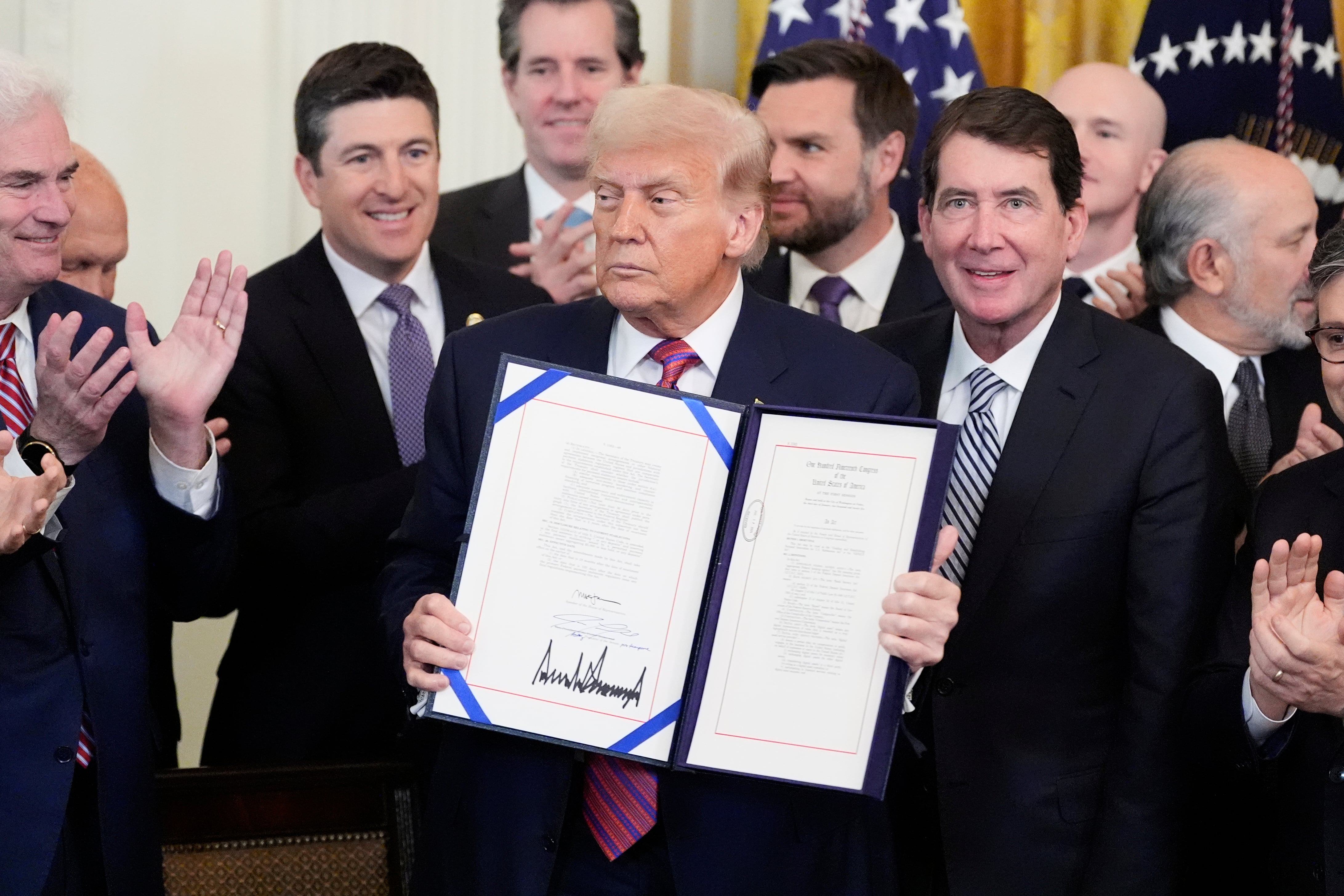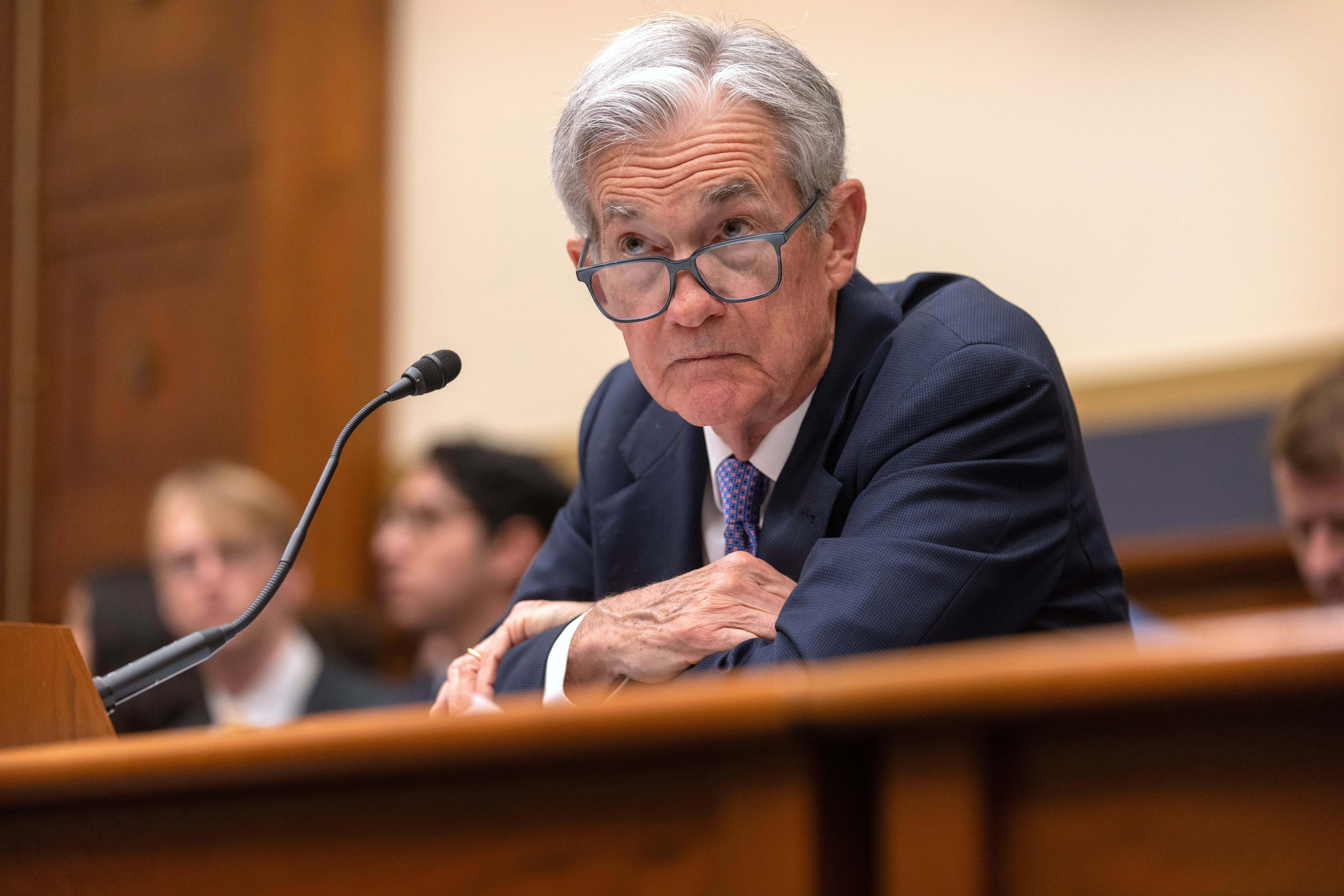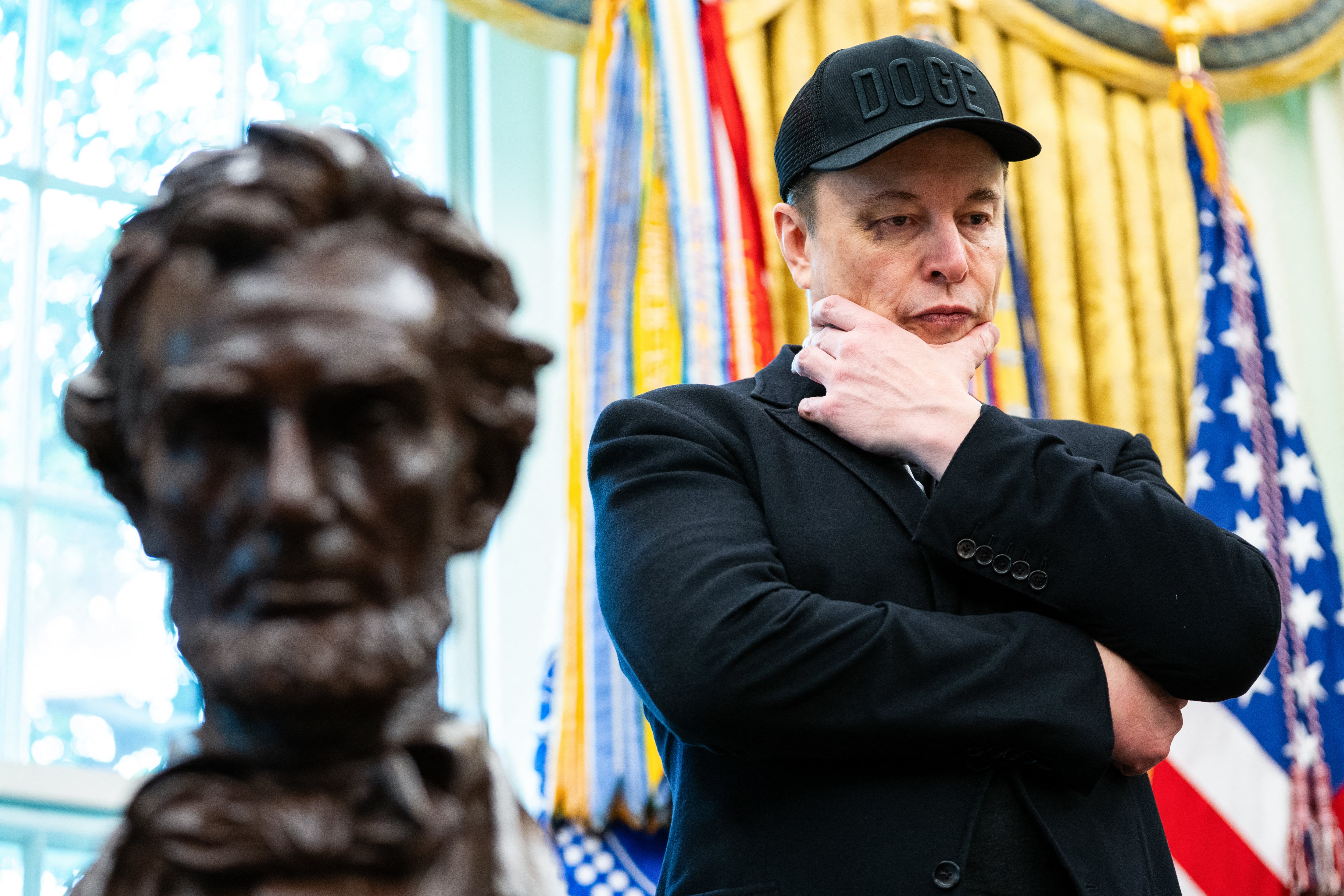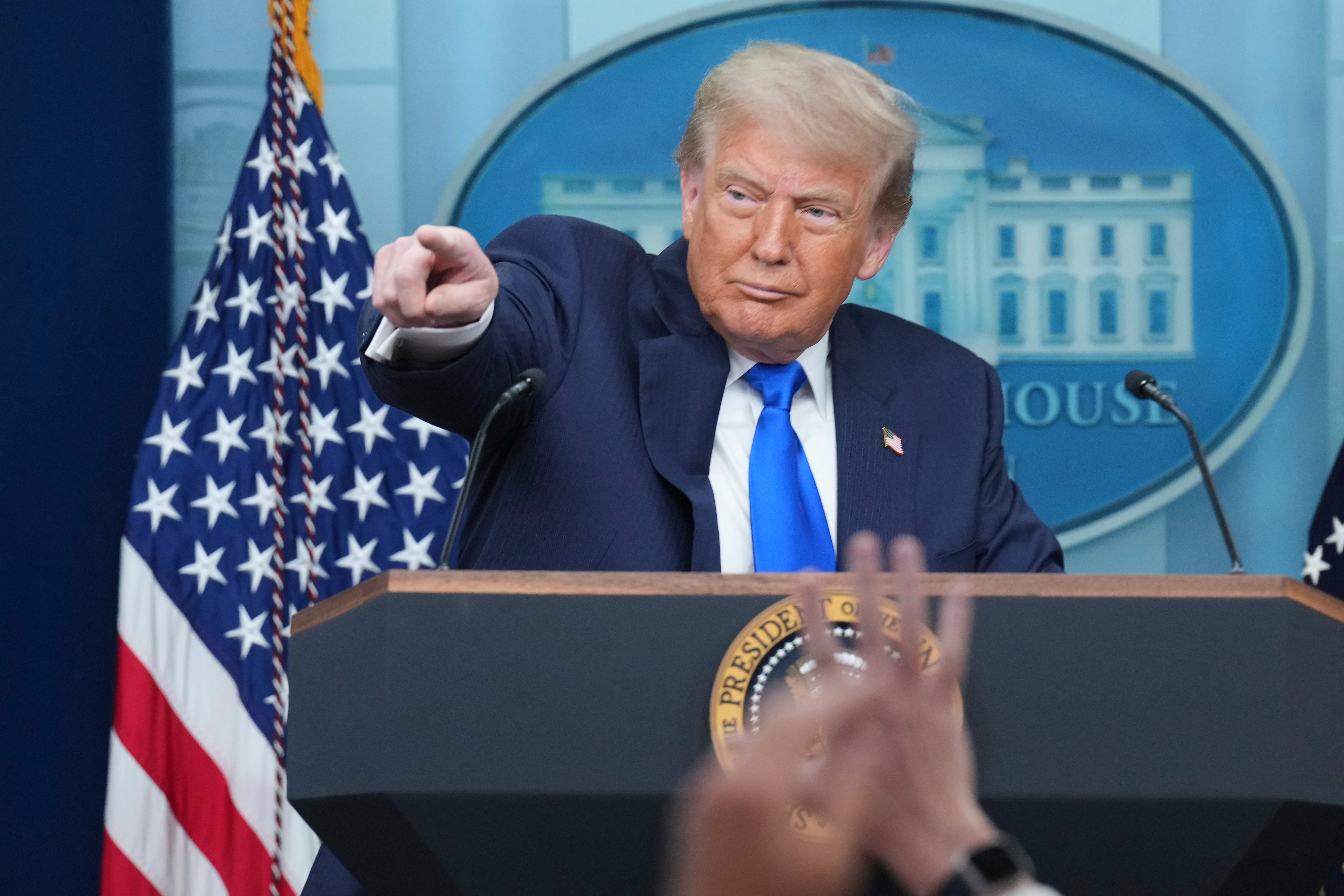As the U.S. enters the next era of energy, the head of the Federal Energy Regulatory Commission said its top priority is "keeping the lights on."
The U.S. energy sector is in "a really exciting time," Chairman Neil Chatterjee told Cheddar Monday. His agency is charged with overseeing the power grid.
"The U.S. became a net exporter of energy for the first time in 60 years in 2017," Chatterjee said, which has had positive economic benefits for job creation, job growth, according to the chairman. He also said it has helped in international relations because the U.S. has become a major player in the industry that was previously dominated by Russia.
Plus, there is a potential, positive environmental impact.
"U.S. clean [liquified natural gas (LNG)] distorting more carbon-intense sources of fuel in other parts of the world will lead to lower carbon emissions and impact carbon mitigation," he claimed.
Not everyone agrees LNG is good for the environment, as production can increase the release of methane gas. The tonnage of methane emissions is currently smaller than that of carbon dioxide but can be harmful in the short-term. LNG is used in heating, electricity, or other industrial uses.
Chatterjee's agency is reviewing new applications to build LNG terminals in the U.S.
He also noted that while the U.S. has been using tech to excel in the energy sector, it has also opened up the country to greater security threats. "[Our adversaries] are constantly evolving, and we have to evolve to stay one step ahead of them," said Chatterjee.
Within U.S. borders, FERC is charged with overseeing interstate transmission of natural gas, electricity, and oil.
"We at the commission work with stakeholders across the country to ensure that we're incentivizing the right investments so that the grid of the future can be there, a flexible, reliable grid," said Chatterjee.
While the FERC deals with federal energy issues, Chatterjee notes that he is "a firm believer in states' rights," and that the agency has been forced to act when a state enacts energy regulations that have effects beyond its borders, distorting energy markets.












